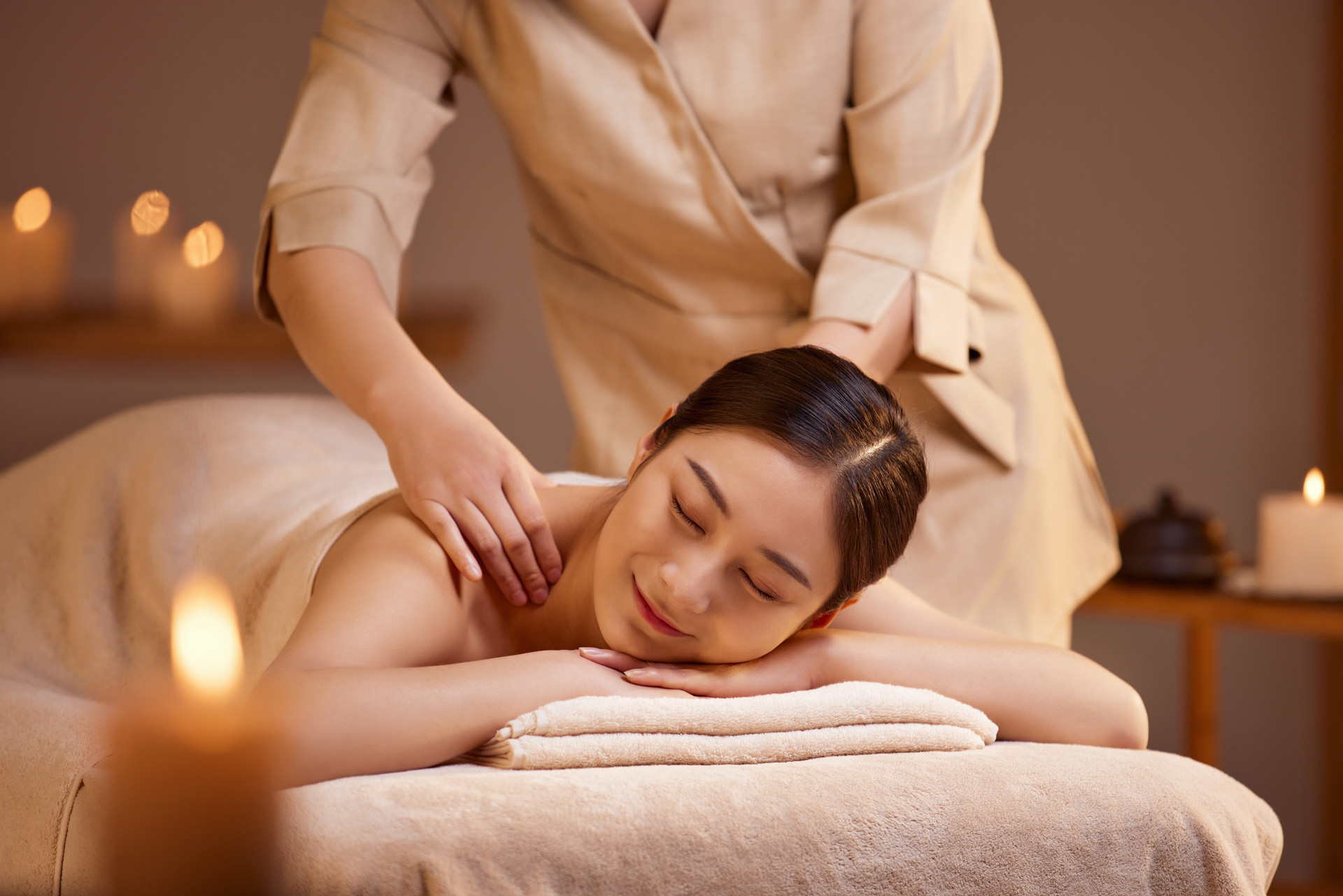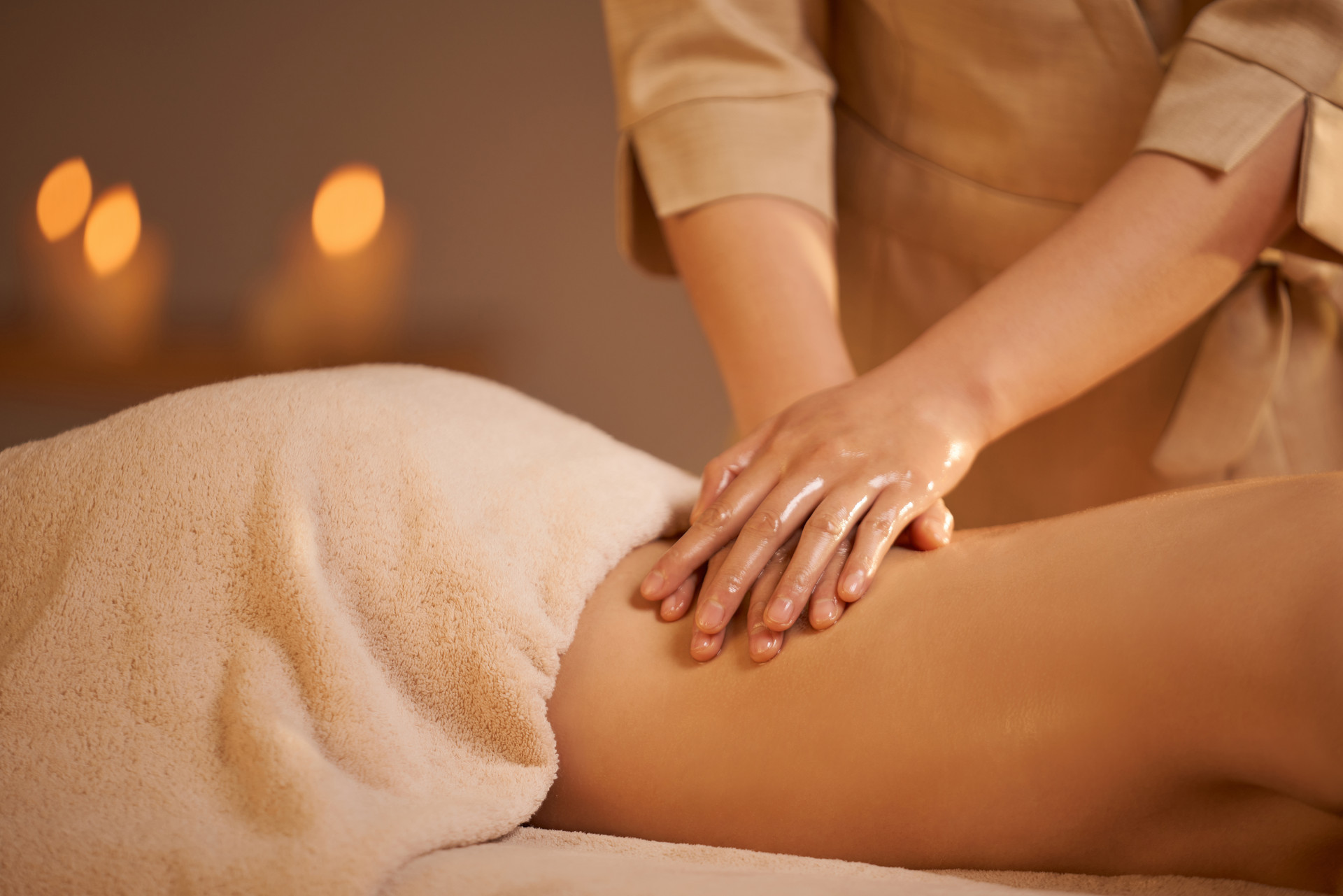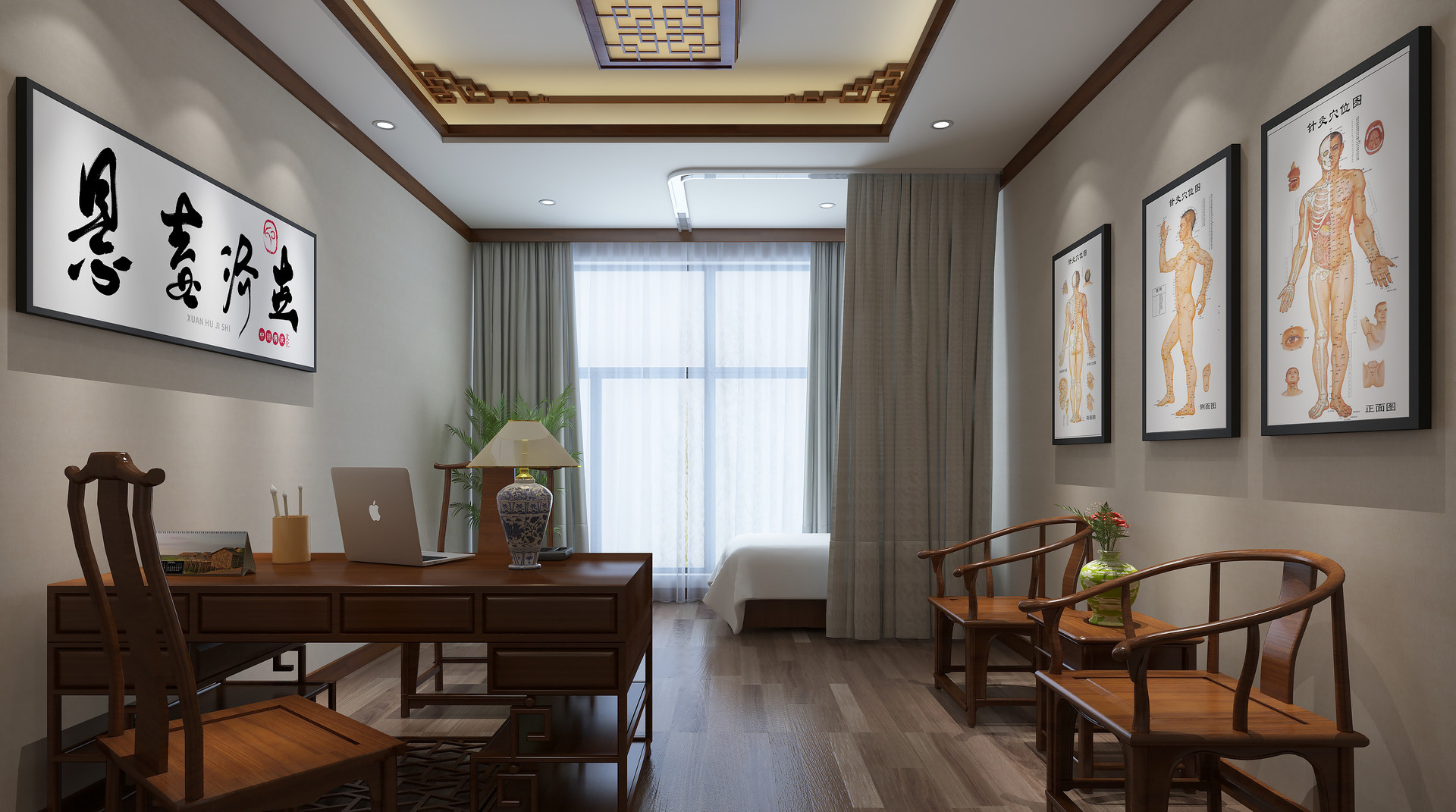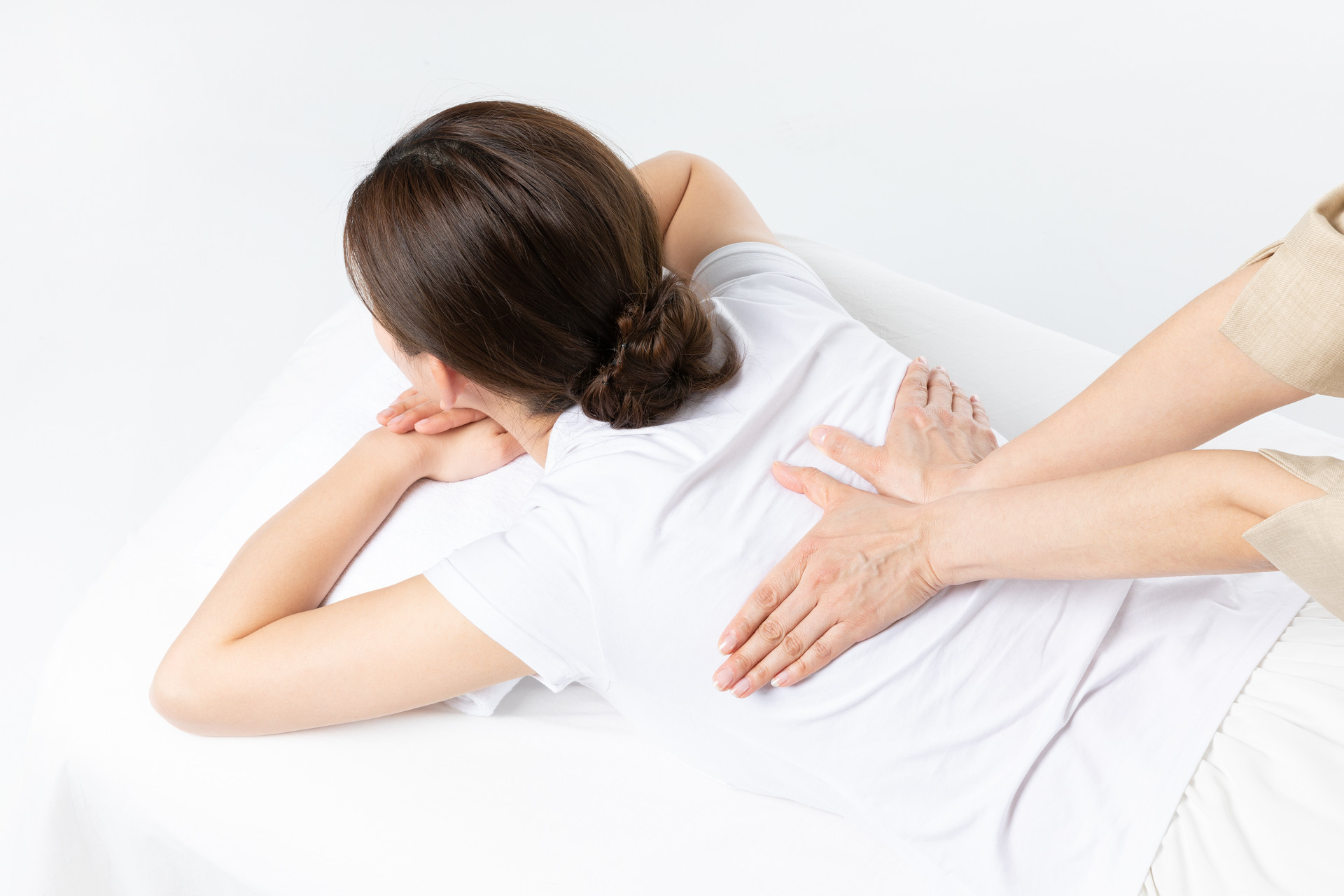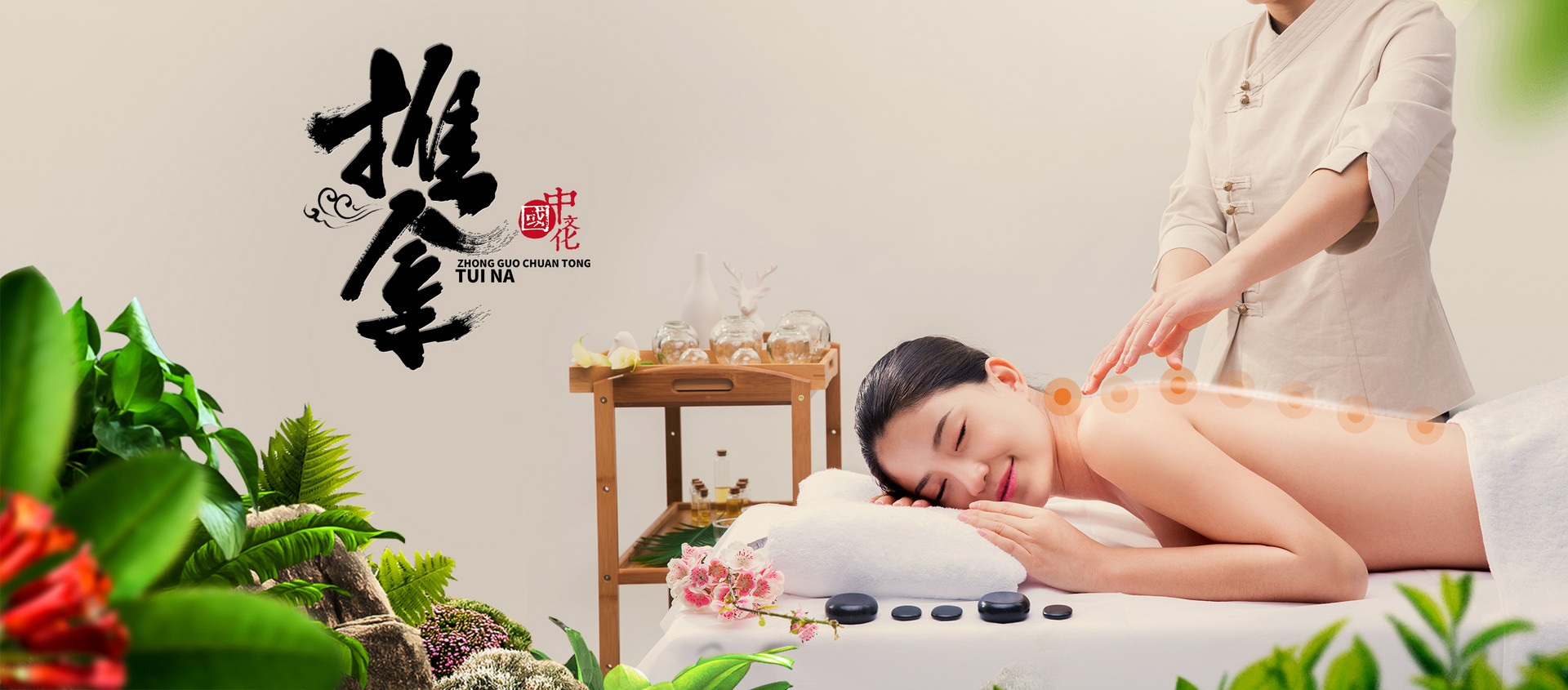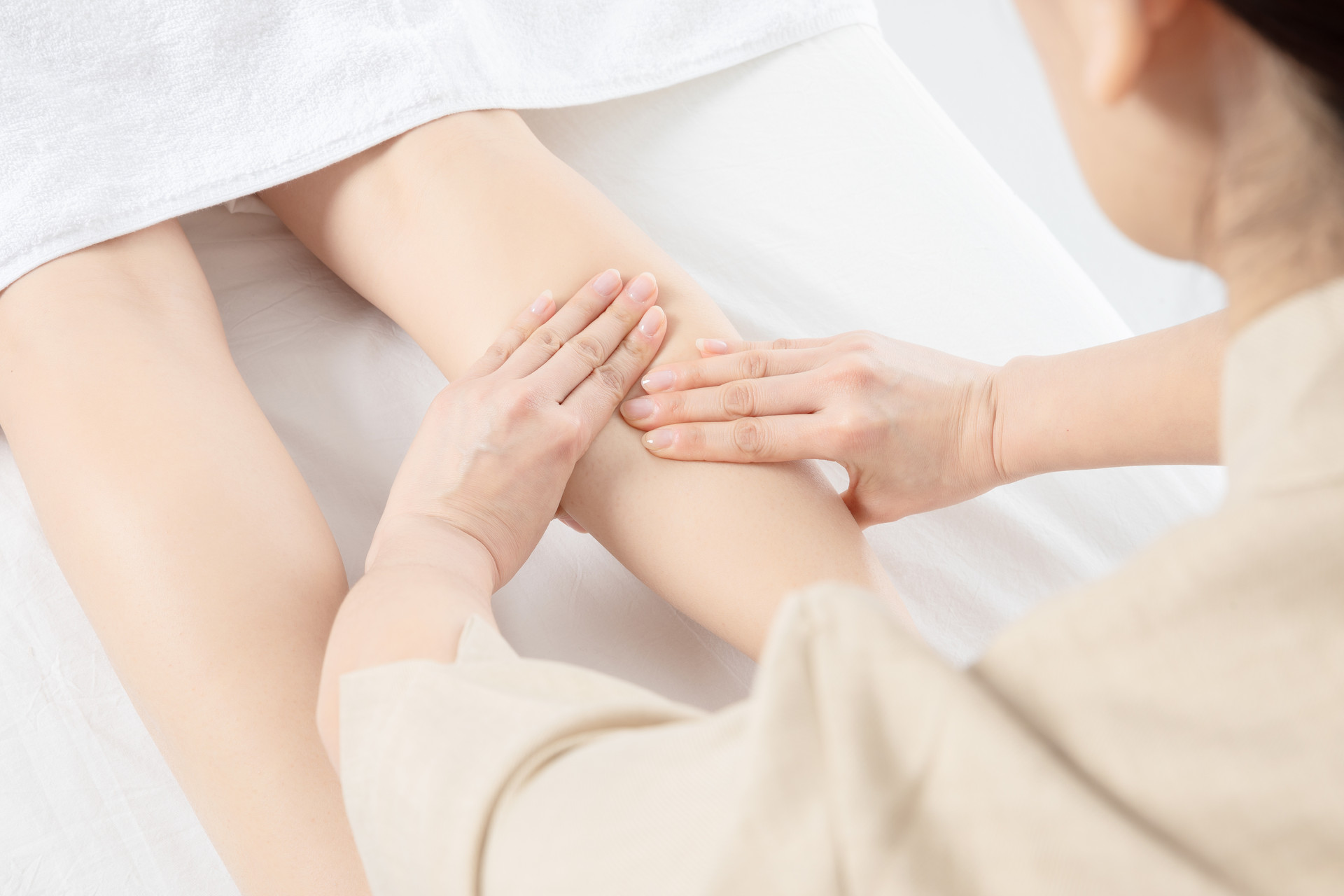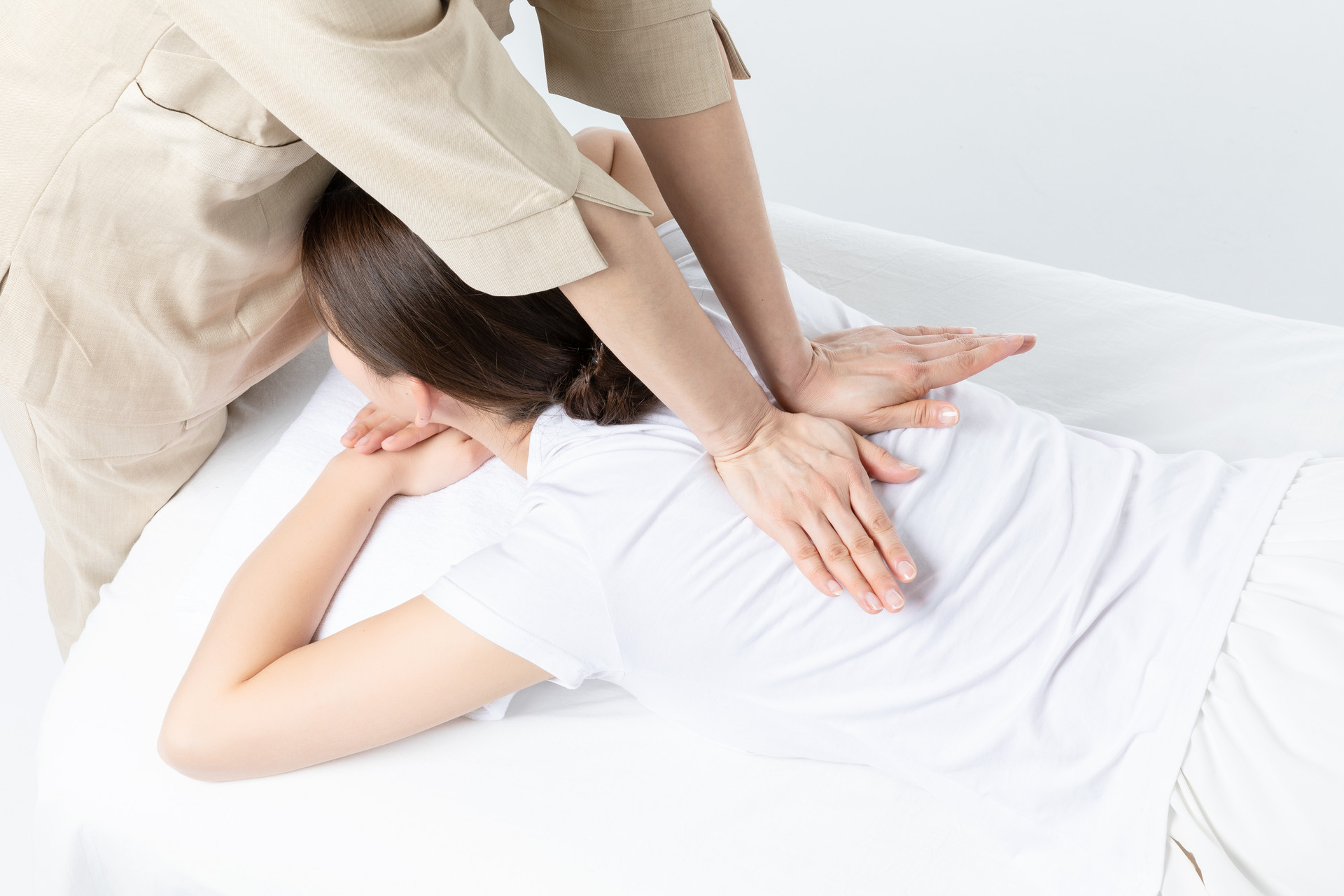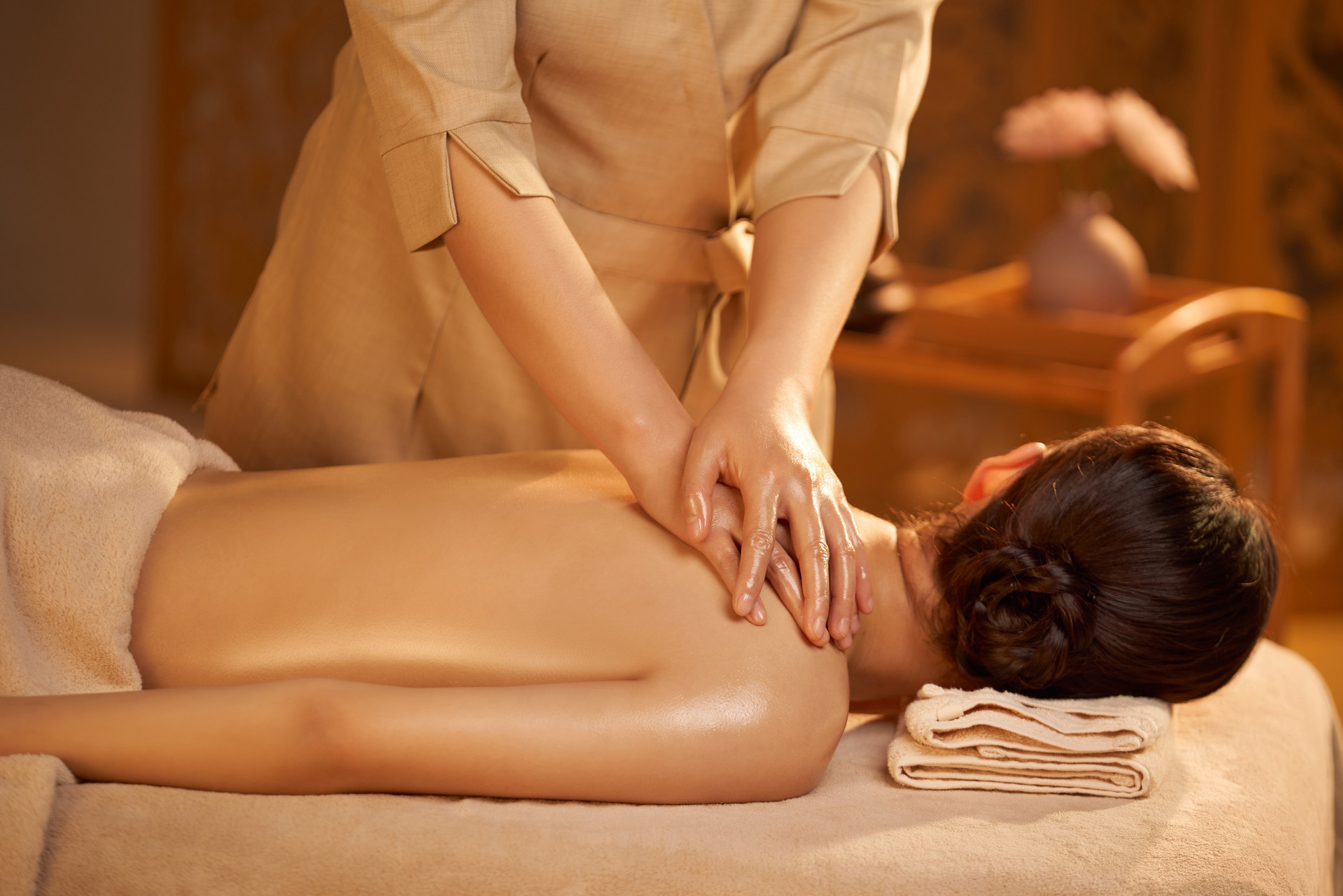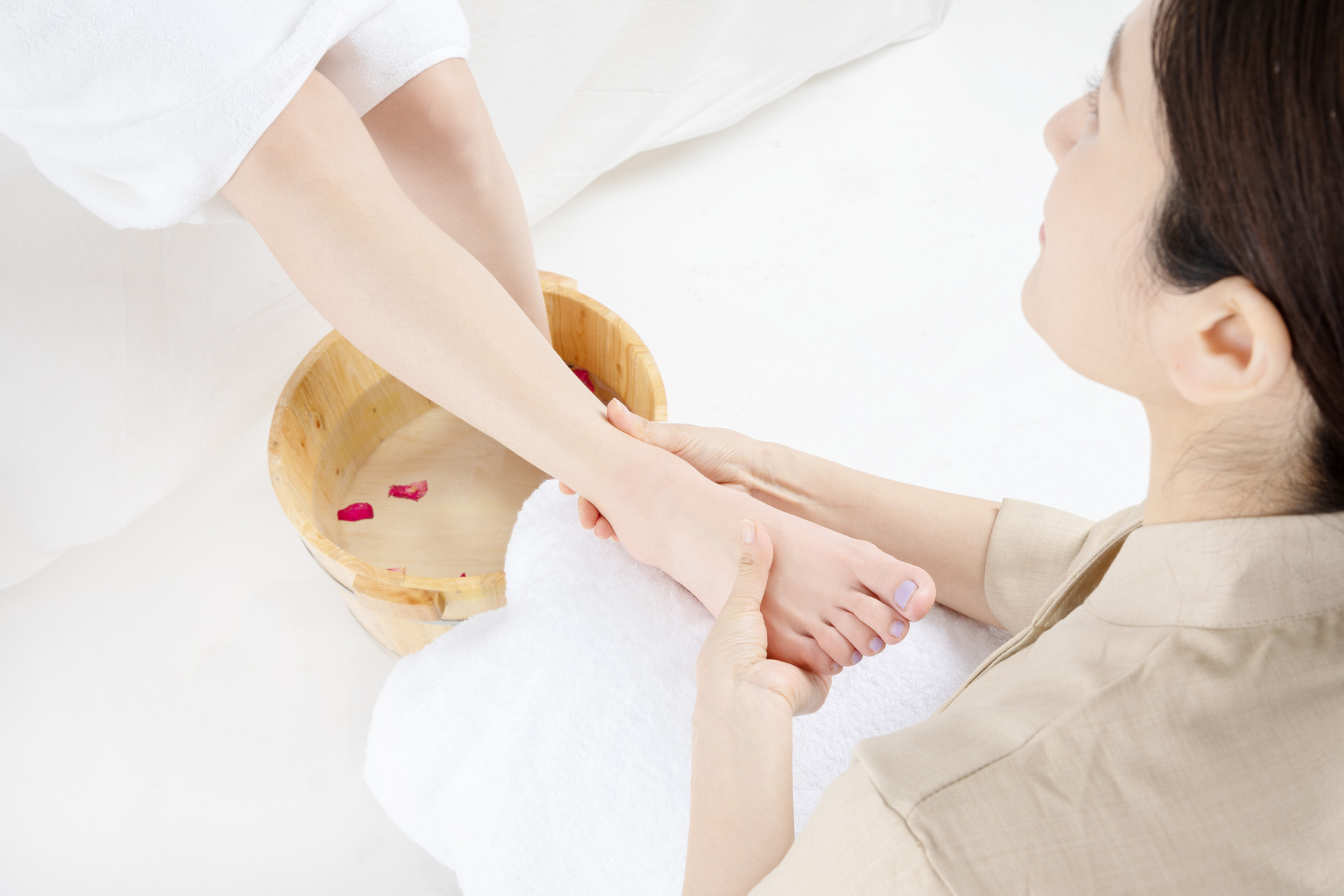As acupoints are the areas of massage, their condition greatly affects the effectiveness of massage. According to the theory of meridian circulation, the qi and blood of acupoints change over time, and different massage techniques can achieve different therapeutic purposes by taking advantage of the different "opening" and "closing" changes of acupoints.
Massage is a traditional Chinese medical treatment method, which aims to treat diseases by applying various techniques such as pressing, kneading, rubbing, and tapping on acupoints. Compared with acupuncture, massage requires lower technical requirements and has less risk, so it is widely used by the general public. At the same time, there is a problem that many people find the effects of massage not obvious, resulting in a loss of confidence in massage.
The qi and blood of acupoints change over time, and many people do not follow the opening and closing changes of acupoints, randomly massaging, naturally resulting in insignificant therapeutic effects. Generally speaking, massage needs to open the acupoints with the method of "Na Zi" in the theory of meridian circulation, and then select the best time for massage according to the cycle of disease changes.
The theory of meridian circulation refers to the correspondence between the twelve meridians in the human body and the twelve time periods of the day. As the time changes, the qi and blood in different meridians also fluctuate. The "Na Zi" method in the theory of meridian circulation refers to the method of representing the time law of qi and blood circulation with the sequence of heavenly stems and earthly branches, and using it to correspond to the related organs, meridians, and acupoints for acupuncture and massage.
According to the theory of meridian circulation, the correspondence between the twelve time periods and the twelve meridians and organs is as follows:
1. Mao hour (5:00 to 7:00) Large Intestine meridian is active, beneficial for excretion.
2. Chen hour (7:00 to 9:00) Stomach meridian is active, beneficial for digestion.
3. Si hour (9:00 to 11:00) Spleen meridian is active, beneficial for nutrient absorption and blood production.
4. Wu hour (11:00 to 13:00) Heart meridian is active, beneficial for blood circulation throughout the body.
5. Wei hour (13:00 to 15:00) Small Intestine meridian is active, beneficial for nutrient absorption.
6. Shen hour (15:00 to 17:00) Bladder meridian is active, beneficial for excretion of body fluids and detoxification.
7. You hour (17:00 to 19:00) Kidney meridian is active, beneficial for storing the essence of the organs throughout the day.
8. Xu hour (19:00 to 21:00) Pericardium meridian is active, enhancing the power of the heart.
9. Hai hour (21:00 to 23:00) Triple Energizer meridian is active, promoting the circulation of qi and blood.
10. Zi hour (23:00 to 1:00) Gallbladder meridian is active, requiring the metabolism of bile.
11. Chou hour (1:00 to 3:00) Liver meridian is active, beneficial for nourishing the blood.
12. Yin hour (3:00 to 5:00) Lung meridian is most active, delivering fresh blood, detoxified by the liver, to the hundreds of vessels.


